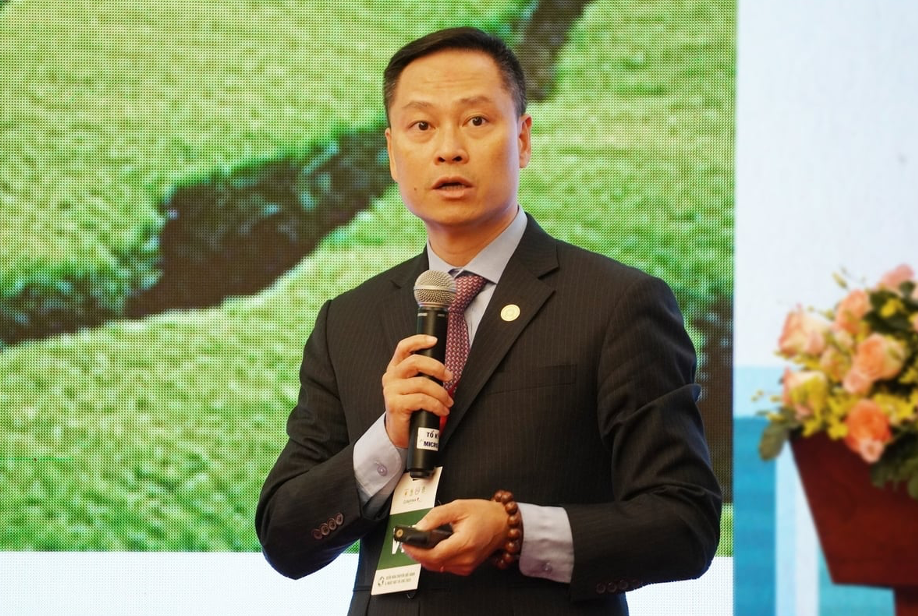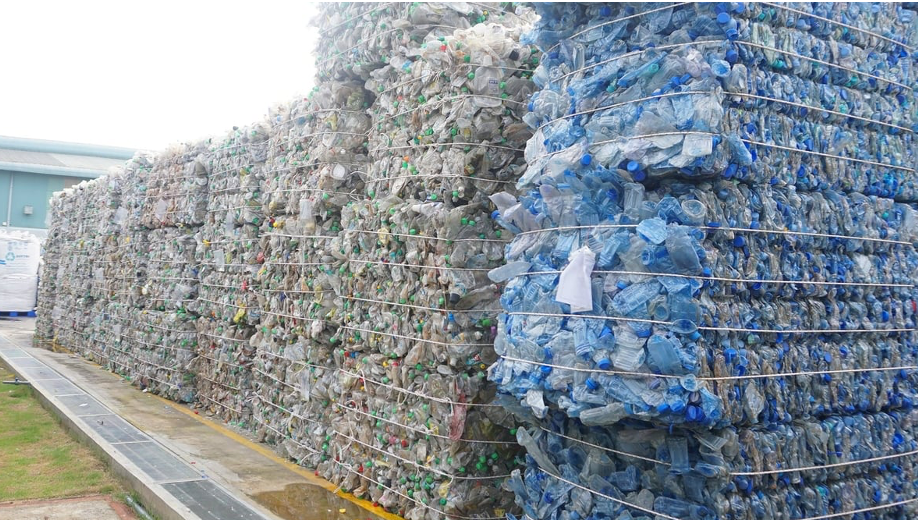Applying new technologies to advance circular economy model for packaging
Amid mounting pressure from environmental policies, sustainable consumption demands, and international standards, Vietnam’s packaging industry is transforming significantly. Many companies are proactively building recycling ecosystems, promoting Extended Producer Responsibility (EPR), and adopting new technologies to realize the circular economy model and reduce hard-to-treat plastic and packaging waste.
64,000 tonnes of packaging collected
Mr. Nguyen Gia Huy Chuong, CEO of Pro Vietnam Packaging Recycling JSC, said that over the past six years, the organization has worked with government agencies and social organizations to run programs raising public awareness on waste segregation and recycling.
Notable results include a 2022 pilot program collecting two types of packaging—PET bottles and paper cartons—totaling more than 3,000 tonnes. 2023 the scope expanded to seven material types, reaching 14,000 tonnes. By 2024, Pro Vietnam met its EPR target with over 64,000 tonnes of packaging collected and recycled.

According to Mr. Chuong, despite existing legal requirements, the biggest bottleneck is the ineffective waste separation at source. Weak enforcement has led to low segregation rates, high recycling costs, and losing low-value recyclable materials.
Vietnamese recycled products face challenges entering specific markets such as the EU due to complex certification procedures and strict technical requirements—issues common to many domestic recyclers.
Pro Vietnam and its members plan to expand their collection networks in the coming years, apply technology to waste sorting and recycling data management, design eco-friendly packaging that is easier to collect and recycle, develop material-specific collection models, and strengthen public communications to change consumer behavior.
“Our goal is that by 2030, all packaging put on the market by our members will be collected and recycled, contributing to the circular economy model—a development path many countries are pursuing,” Mr. Chuong said.
Plastic recycling: From discarded bottles to a new lifecycle
Mr. Le Anh, Sustainability Development Director at Duy Tan Recycling JSC, said recycling is no longer a foreign concept. Years ago, few people knew where a used water bottle ended up, but today, thanks to technology, many businesses can recycle them into new products. “Every water bottle now carries the message ‘Please recycle me,’” he said.
Ho Chi Minh City generates around 13,000 tonnes of waste daily, but only about 1,000 are recycled. Plastic waste, in particular, is often singled out for polluting rivers and oceans, threatening marine life such as turtles and fish.

While the recycling industry has existed for decades, it used to turn bottles into low-value products. New technology enables PET bottles to be recycled into food-grade bottles or converted into textile fibers, cosmetic packaging, and household goods.
Duy Tan Recycling operates three collection hubs, partners with 100 suppliers and 2,900 collection points nationwide, and processes 200 tonnes of plastic waste daily—equivalent to 15 million bottles. The plant’s designed capacity is 100,000 tonnes annually, or about six billion bottles “brought back to life” annually.
Its recycled products are used by major domestic and international brands such as Coca-Cola, Lavie, and Unilever, and are exported to the U.S. and Europe. The factory follows a “3 No’s” model: no solid waste, no air emissions, and no wastewater, reusing 132,000 cubic meters of water annually.
Mr. Le Anh emphasized that developing a circular economy requires cooperation between policymakers, manufacturers, associations, the informal waste collection sector, and public education campaigns. Duy Tan is working to professionalize informal waste pickers by providing protective gear, insurance, training, and piloting modern collection and sorting models.
“Today’s water bottles may have been plastic waste just a few months ago. If collected and recycled properly, they can become a valuable resource for the green economy,” he added,
Nguyen Thuy